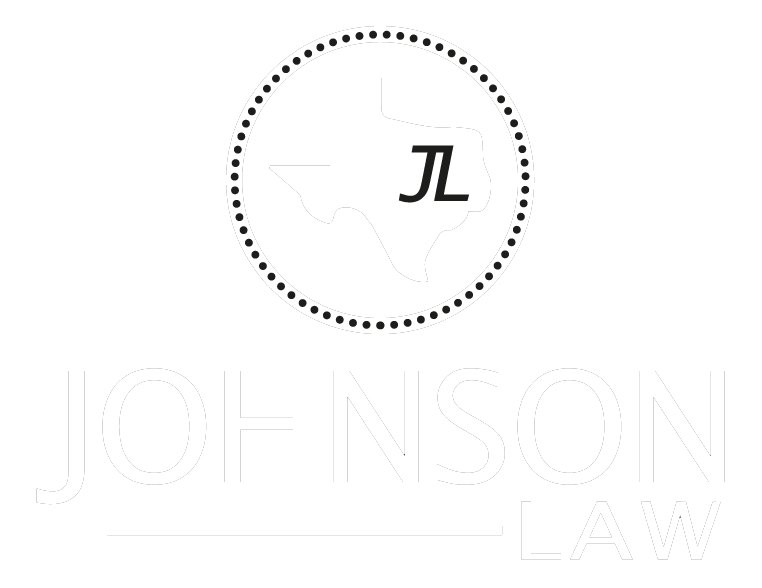Expunction and Nondisclosure
Expunging your Criminal Record
An order of expunction directs law enforcement agencies to destroy all records associated with an arrest and subsequent prosecution. The effect of an expunction is to legally erase your arrest with the Court ordering that all jail records, police reports, prosecution reports and court files be destroyed. A successful petition for expunction means that you can legally deny ever having been arrested or charged with the offense. In fact, the law states that anyone with knowledge of the expunction who disseminates or uses the information can be charged with a crime.
In Texas, you are eligible to petition the Court for expunction if:
- You were tried and acquitted;
- You were convicted and subsequently pardoned; or
- Your case was dismissed or no-billed by the Grand Jury and the applicable statute of limitations has expired.
Nondisclosure
If you are not eligible to have your charge expunged you may qualify to petition the Court for an order of nondisclosure under Chapter 411 of the Texas Government Code. Petitions for nondisclosure are available to individuals who have successfully completed deferred adjudication probation. You are not eligible if you were placed on regular probation or were placed on deferred adjudication and later revoked and found guilty by the Court.
The difference between deferred adjudication probation and regular probation is that with a deferred adjudication, the Court places you on probation but defers any finding of guilt. Assuming you successfully complete your deferred adjudication probation, the Court never finds you guilty of the offense and the case is ultimately dismissed.
For most misdemeanor offenses, you are eligible for an order of nondisclosure immediately upon the successful completion of your probation period. With some specific sex-related misdemeanor offenses, such as indecent exposure or public lewdness having a specified waiting period during which you cannot be convicted or placed on probation for any new offense other than a traffic ticket.
For all felonies where you have successfully completed deferred adjudication probation, there is a waiting period. As with the misdemeanor waiting period, you cannot be convicted or placed on probation for any offense other than a traffic ticket during this period.
There are some specific exceptions to your right to petition the Court for an order of nondisclosure. If you were placed on deferred adjudication probation for certain serious offenses you may not be eligible for an order of nondisclosure, even if you successfully completed your probation.
If you have questions about your eligibility for an expunction or for a petition for nondisclosure, contact our office today.

